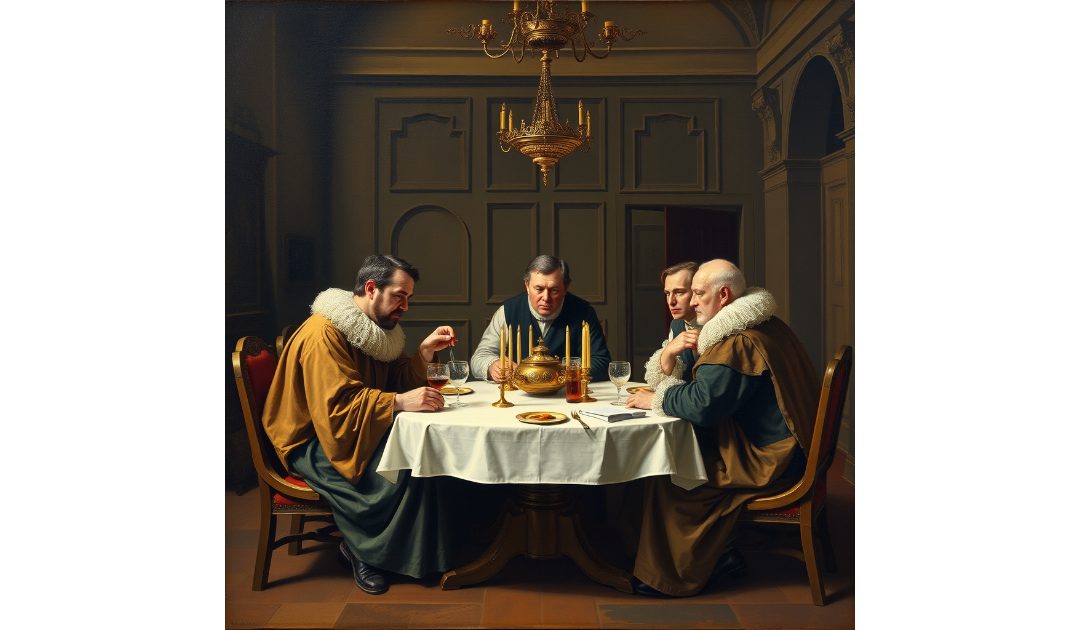On the 7th January 1618 Francis Bacon became Lord Chancellor of England. Francis Bacon (1561-1626) and his younger brother, Anthony Bacon (1558-1601), were prominent figures in the intellectual and political landscape of late Elizabethan and early Jacobean England. Both brothers were educated and well-connected, but their paths diverged significantly, reflecting the complexities of their era.
Francis Bacon is best known as a philosopher, statesman, and essayist, often heralded as the father of empiricism and the scientific method. He was educated at Trinity College, Cambridge, and later studied law at Gray’s Inn. Bacon’s early career involved various legal and political roles, including serving as a Member of Parliament. His intellectual pursuits led him to advocate for a new approach to knowledge, emphasizing observation and experimentation over reliance on established authorities and dogma.
In 1605, Bacon published “The Advancement of Learning,” which laid the groundwork for his later works, including the “Novum Organum,” where he outlined his vision for a new scientific method. His philosophy sought to reform the way knowledge was acquired, encouraging a systematic approach to investigation and the accumulation of empirical evidence. Bacon’s ideas were instrumental in shaping the Scientific Revolution and influenced generations of thinkers, including Isaac Newton and later philosophers like John Locke.
Bacon’s political career was equally notable. He served as Attorney General and later as Lord Chancellor under King James I. However, his political ambitions were marred by controversy. In 1621, he was impeached for corruption and bribery, resulting in his removal from office and a fine. Despite this setback, Bacon’s intellectual legacy endured, and he continued to write and publish until his death in 1626.
In contrast, Anthony Bacon, while also educated and intellectually inclined, took a different route. He was known for his diplomatic skills and connections, particularly with the court of Queen Elizabeth I. Anthony served as a secretary to Sir Robert Sidney, a prominent nobleman, and was involved in various diplomatic missions, including efforts to negotiate peace with Spain. He was also a close associate of the Earl of Essex, a key figure in Elizabethan politics.
Anthony Bacon was Sir Anthony Standen’s controller when Standen was spying in Bordeaux in 1588, in the aftermath of the armada. Standen was outwitted by Catherine de Medici and imprisoned in Bordeaux Castle. Eventually Anthony Bacon secured Standen’s release and return to England. It was through Bacon that Standen grew to know Robert Devereux Earl of Essex. Standen accompanied Essex on voyages to Cadiz and The Azores, as well as the ill-fated campaign in Ireland, all told in The Spy who Sank the Armada.
Anthony Bacon’s life was marked by a series of personal challenges, including financial difficulties and struggles with mental health. He was known to have a deep interest in literature and philosophy, often engaging in intellectual discussions with his brother Francis. Despite his talents, Anthony’s career never reached the heights of his brother’s, and he remained largely in Francis’s shadow.

